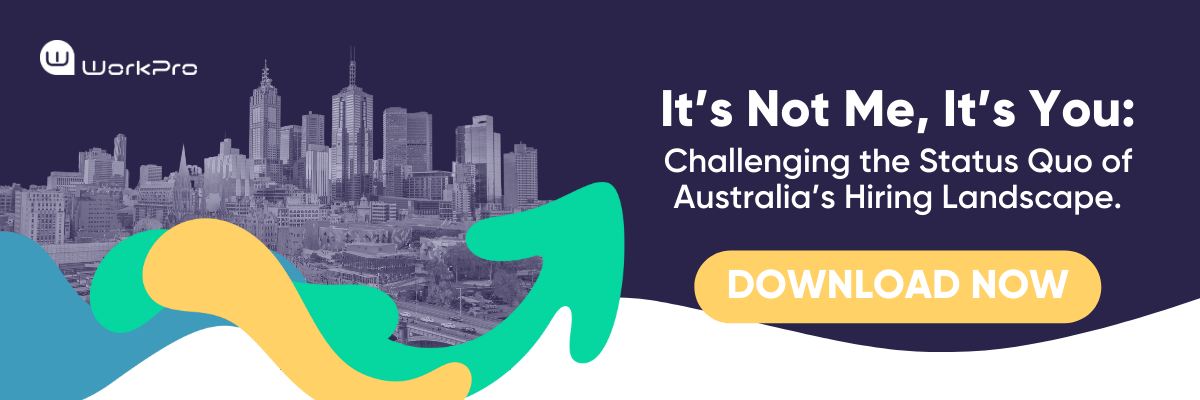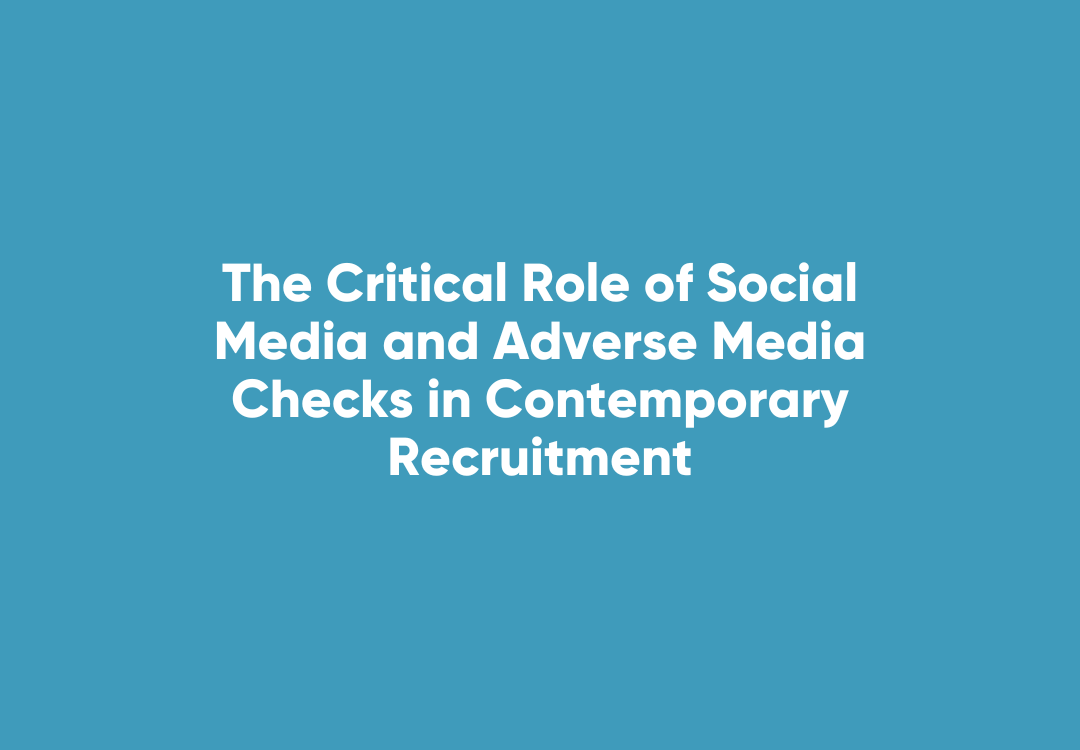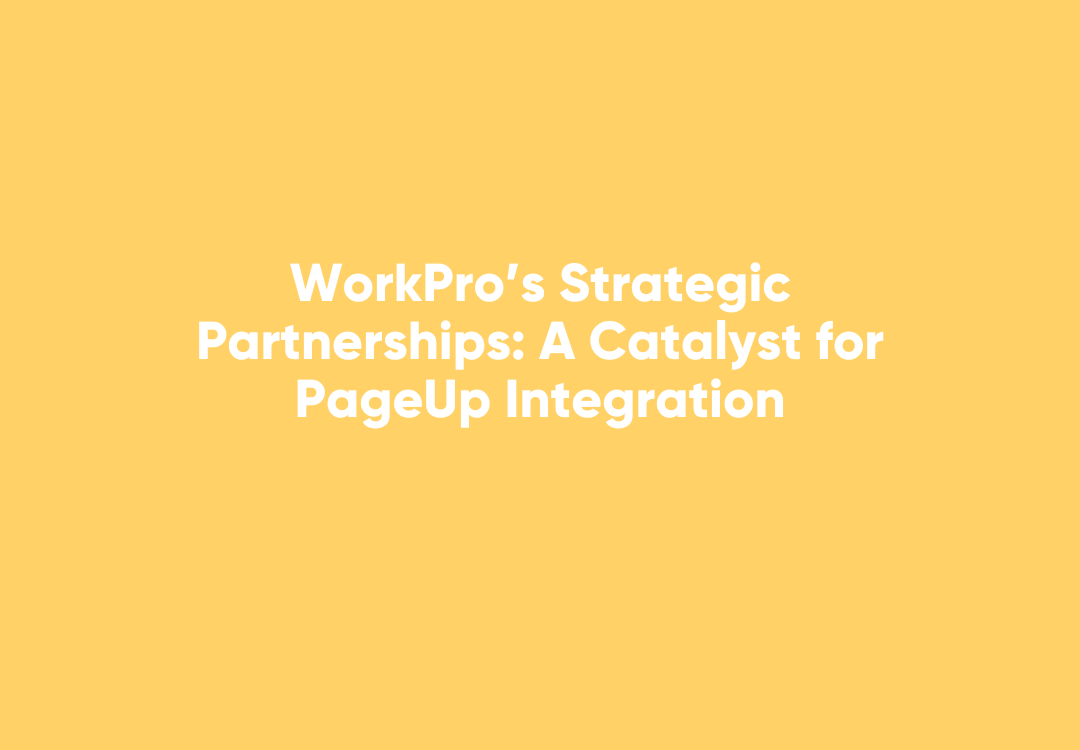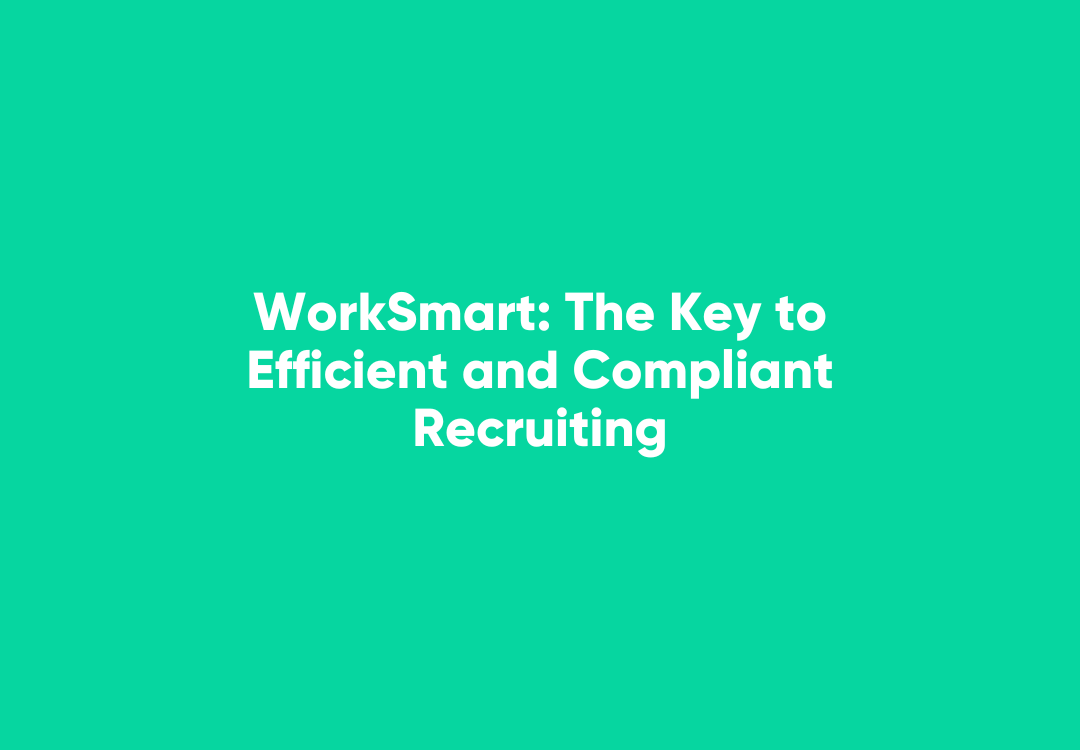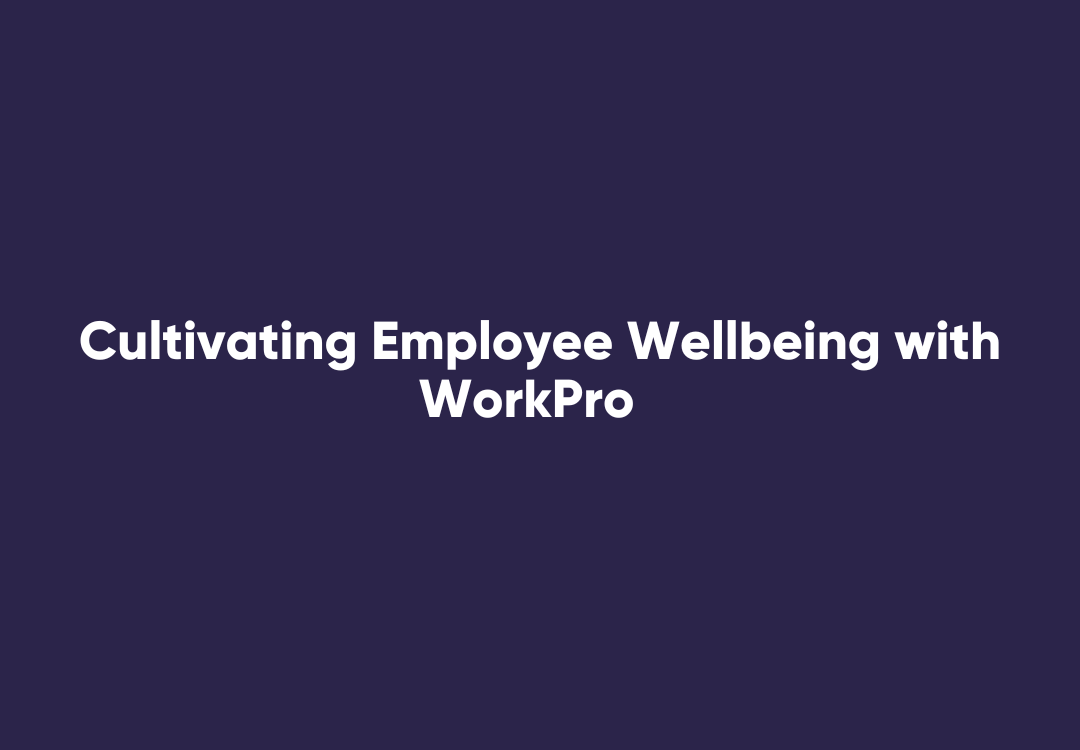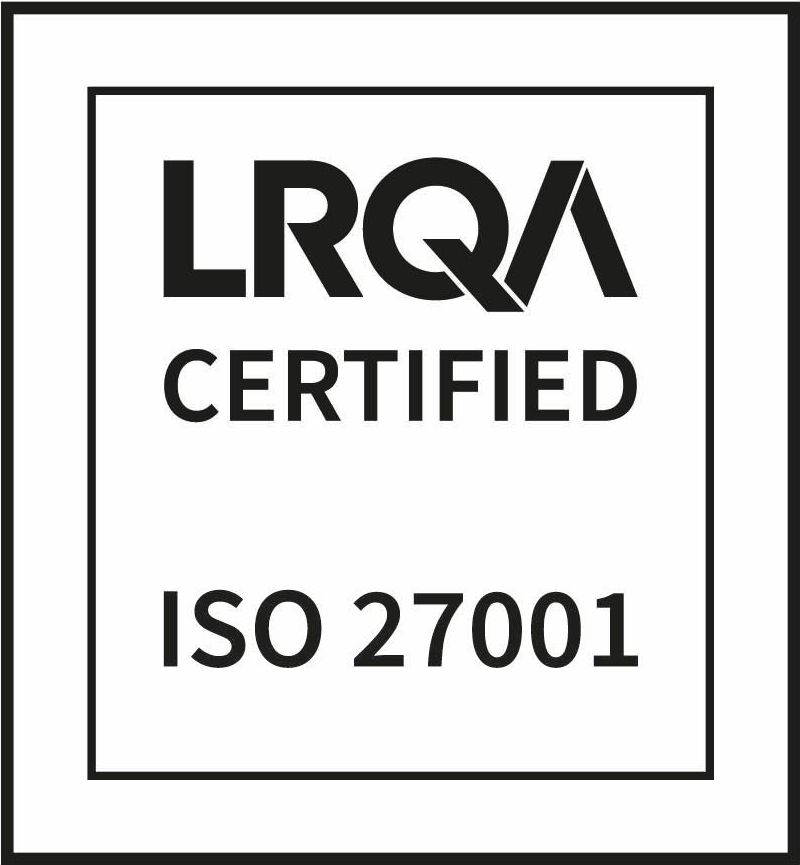Rethinking the Skill Shortage: How Transferable Skills Can Bridge the Gap
Australia is in the throes of a skills shortage that's hitting multiple sectors hard, from healthcare to technology.
A recent study by RMIT Online and Deloitte suggests that this shortage of skills is costing Aussie businesses a staggering $3.1 billion annually. To tackle this looming crisis, the Federal Government has launched its first Annual Jobs and Skills Report, heralding a "skills challenge not seen since the 1960s." While the government is using levers like upskilling programs, immigration policies, and subsidies, we have to ask: Could there be a quicker, more efficient solution?
What if we rethink the way we view our existing workforce? Could the solution lie in leveraging transferable skills? Although this isn't a one-size-fits-all answer, it offers a promising avenue if companies can successfully identify these skills—even in candidates with diverse prior experiences. According to Gartner TalentNeuron, a staggering 53% of HR leaders cite the inability to identify essential skills as a major roadblock to workforce transformation.
This brings us to the final instalment of WorkPro's whitepaper, "It's Not Me, It's You: Challenging the Status Quo of Australia's Hiring." Our comprehensive research dives into candidate attitudes toward transferable skills, offering key insights that HR departments and recruiters can employ to fill vacant roles expediently and efficiently.
For instance, our data shows that over a third of job-seekers are taking matters into their own hands when it comes to job hunting—using personal connections, friend referrals, or following companies online. Our survey also reveals a pivotal shift away from traditional industry-specific roles, as 60.7% of respondents have received job offers in new sectors solely on the merit of their transferable skills.
So, in a landscape punctuated by skill shortages, is it time to reassess our recruitment strategies?
WorkPro's whitepaper delves deep into these nuances, offering a robust analysis that can help you redraw the lines that have long defined Australia's hiring practices.
A Comprehensive View of the Talent Landscape
Welcoming New Horizons
A significant portion of respondents across all job levels demonstrated an openness to exploring roles in new industries, provided their skills could be transferred. A detailed breakdown reveals that 63.9% of senior-level, 58.7% of mid-level, 56.4% of entry-level, and 52.2% of executive respondents are willing to make industry transitions. This broad willingness likely stems from a set of transferable skills nurtured through diverse professional experiences.
The Declining Relevance of Formal Education
As we delve into the educational background, it becomes evident that formal education's role diminishes as employees ascend the career ladder. Among senior-level respondents, 29.1% stated that their educational background was not directly related to their current job role. This percentage increases progressively as we look at mid-level, entry-level, and executive employees, peaking at 40.1% for executives. This shift suggests that transferable skills are increasingly becoming the primary focus, overshadowing formal education.
Sector-Specific Insights
In dissecting the employment status, it's noteworthy that 46.9% of respondents are in full-time roles. A further cross-referencing with industry sectors points out that Manufacturing and Hospitality are the leading sectors hiring full-time employees, making up 27.4% and 21.7% respectively. This suggests that these sectors could particularly benefit from considering transferable skills in their recruitment strategies, especially given the current skill shortage.
Adopting a Skill-Centric Approach
Rethinking Role Requirements
Recruiters need to move away from stringent prerequisites like specific degrees or years of experience in particular sectors. Instead, job descriptions should focus on the skill sets and competencies desired. Such an approach opens the door for candidates from varied backgrounds to see how they can contribute.
The Value of Skills Assessment
Our data indicates that an overwhelming 81.5% of respondents have undergone a skills assessment during their application process. These assessments are instrumental in evaluating a candidate's suitability based on their actual abilities, rather than a rundown of their previous job titles.
Going Beyond the Curriculum Vitae
Holistic candidate profiling, facilitated by platforms that display projects, skills assessments, and even peer reviews, can offer a more rounded view of a candidate’s capabilities. Coupled with situational and behavioural interviews, recruiters can gain profound insights into a candidate's problem-solving and adaptability skills.
Capitalising on Transferable Skills
Skill Identification and Training
One of the key obstacles, highlighted by Gartner TalentNeuron research, is the inability to identify crucial skills. Educating hiring managers to recognise these transferable skills is essential for a successful recruitment strategy.
Broadening the Definition of Success
The traditional metrics for determining a successful candidate—like past roles or industry experience—need to be expanded. New success profiles should be designed around competencies, behaviours, and, most importantly, transferable skills.
Hands-On Skill Assessment
To truly gauge a candidate's suitability, nothing beats real-world problem-solving. By offering candidates scenarios they might encounter on the job, recruiters can evaluate how well their transferable skills can be applied in practice.
By adopting these nuanced strategies, recruiters can evolve in sync with the changing employment landscape. With the right tools and an open mindset, the untapped potential residing in a wealth of transferable skills can be harnessed, ultimately benefiting both individuals and organisations.
A Transformative Shift Awaits
The landscape of talent acquisition is undergoing a seismic shift, and Australia's skills shortage only magnifies the need for adaptive, forward-thinking strategies. However, this challenge also presents an opportunity—an opportunity to redefine how we perceive skills, job roles, and candidate selection. As we've highlighted, the traditional barriers that once defined the recruitment process are increasingly obsolete. Today's talent pool is richer and more diverse than ever, teeming with individuals ready to make industry transitions based on the merits of their transferable skills.
If you're looking for a comprehensive guide to navigating this changing terrain, our whitepaper is an invaluable resource. It's more than just a report; consider it a roadmap for your organisation, helping you to adapt and thrive in an era of skill shortages and changing career paradigms. The whitepaper dives deeper into the data, offering actionable insights and proven strategies to not just cope with, but capitalise on, the current status quo.
Download the Whitepaper Now and lead your organisation into a future where talent is recognised, nurtured, and deployed more effectively than ever before.
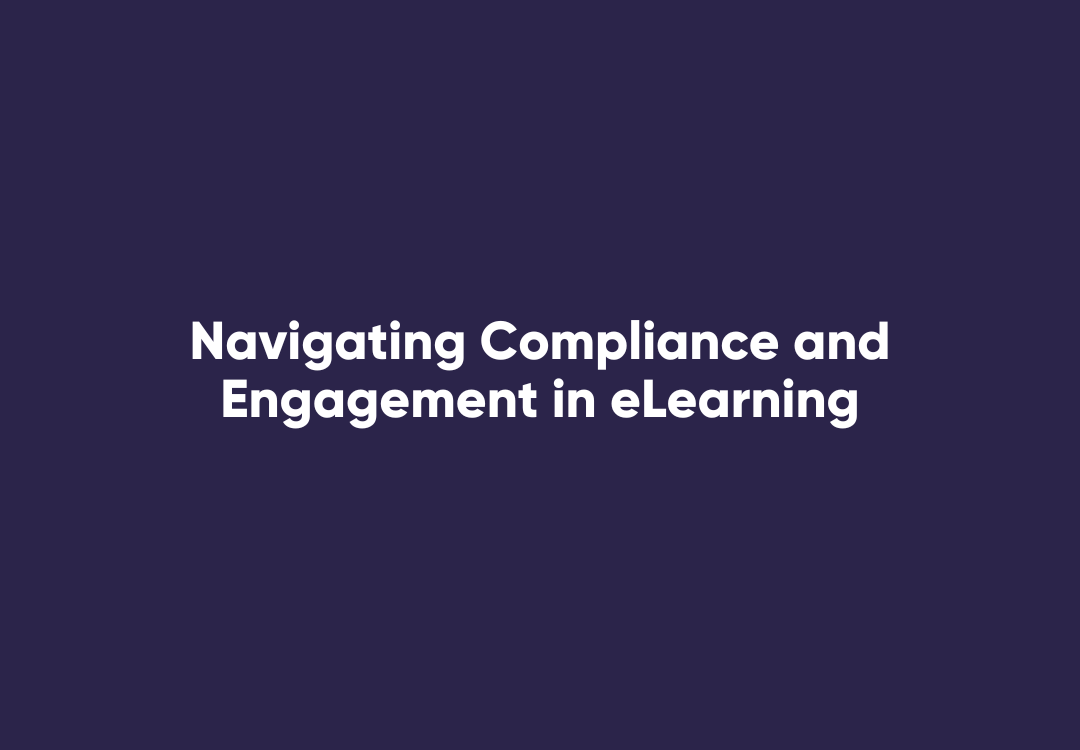
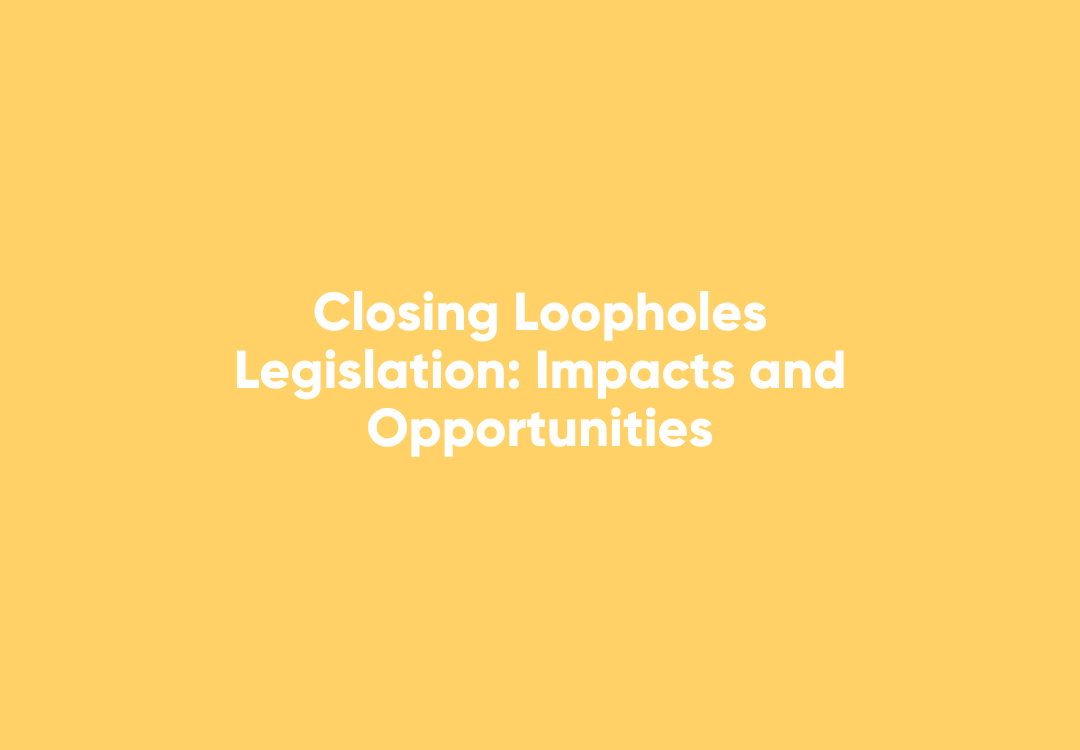
© Copyright 2024 WorkPro Privacy Policy | Terms of Service | Terms of access


